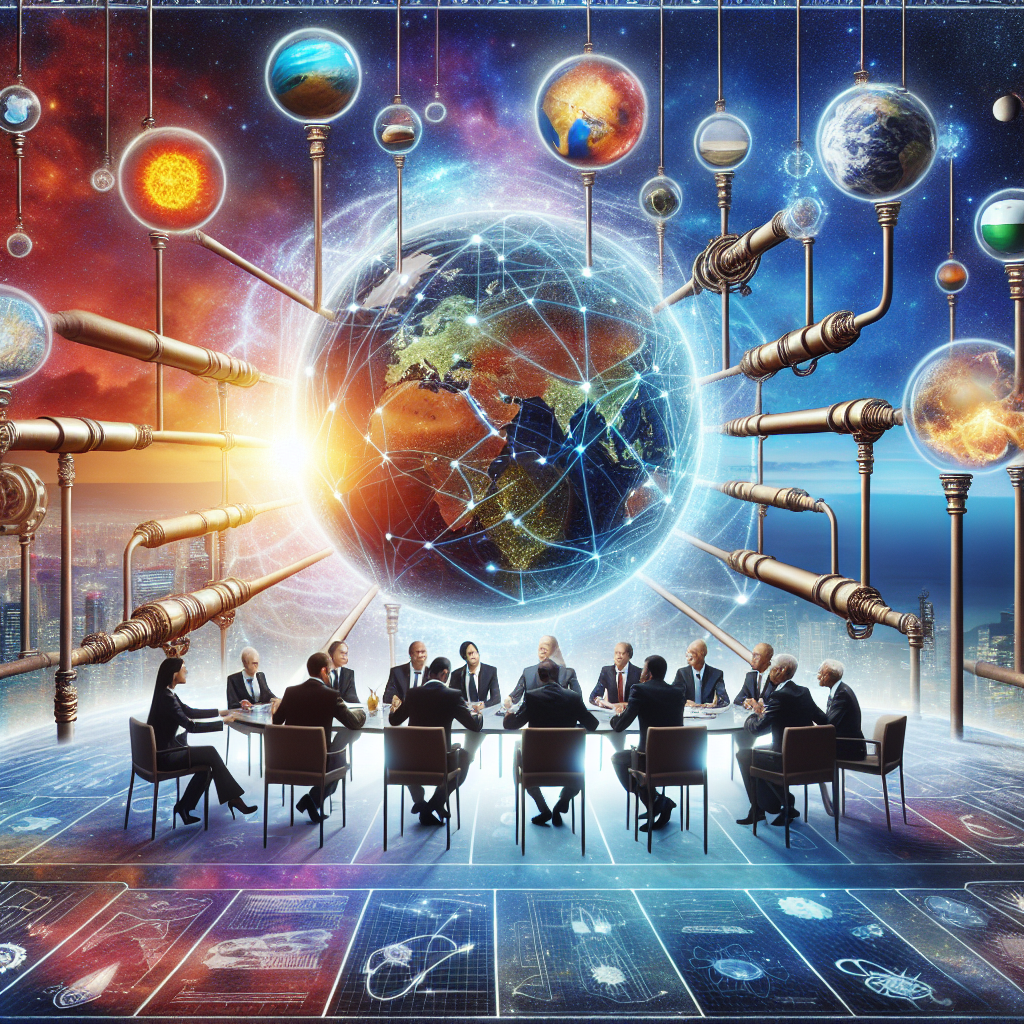Fractured Diplomacy: The Shaken Ground of U.S.-Russia Relations
Following a seemingly positive summit in Alaska, the anticipated U.S.-Russia rapprochement faces setbacks. Russian Deputy Foreign Minister Sergei Ryabkov expresses concerns over the lack of progress on key issues like Ukraine, highlighting a growing strain despite ongoing dialogues and shared offers from both sides.

Tensions between the U.S. and Russia have resurfaced just months after a potentially promising summit in Anchorage, Alaska. Russian Deputy Foreign Minister Sergei Ryabkov has voiced concerns over the stagnation in negotiations, particularly around the conflict in Ukraine, casting doubt on the so-called 'spirit of Alaska.'
Although Russian President Vladimir Putin has shown optimism, stating that complex issues like the U.S.-Russia relationship require more study, the lack of significant developments has been disheartening. Simultaneously, U.S. President Donald Trump has faced frustration in his attempts to mediate a peace agreement in Ukraine.
Despite proposals on nuclear arms control from both nations, concrete steps to mend strained ties remain elusive. Diplomatic sentiments swing between cordial exchanges and stern warnings, demonstrating the intricate dynamics at play. Meanwhile, skepticism over future dialogues grows, given recent tensions and the absence of a U.S. ambassador in Moscow.
(With inputs from agencies.)
ALSO READ
The deal is a real breakthrough: UK PM Starmer on US President Donald Trump's Gaza peace plan.
PM Narendra Modi speaks to US President Donald Trump.
Prime Minister Narendra Modi warmly congratulated President Vladimir Putin on his 73rd birthday and conveyed best wishes.
In phone conversation, PM Narendra Modi and President Vladimir Putin reaffirm commitment to further deepen India-Russia ties: Sources.
PM Narendra Modi conveys to Vladimir Putin that he looks forward to welcoming him in India for India-Russia annual summit.










